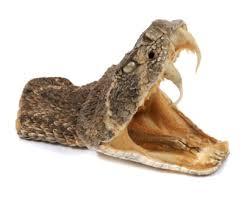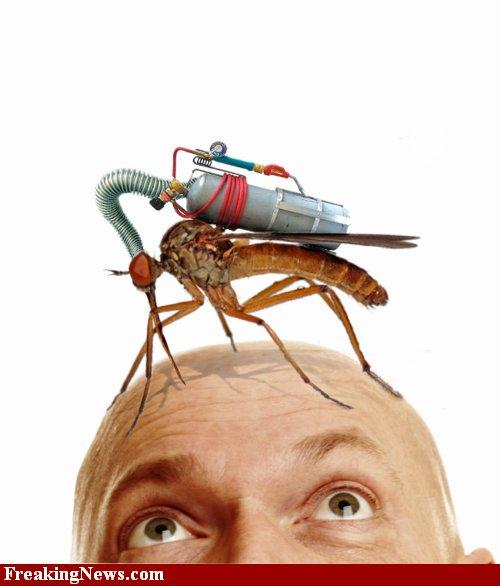

There seem to be significant differences among individuals with respect to how attractive mosquitoes find them. Some people start slapping biting mosquitoes the second they step outside, while others are rarely troubled at all.
A recent article at Smithsonian.com suggests several factors that may help explain this curious phenomenon. It turns out that blood type matters, and so does body temperature and the amount of carbon dioxide a person exhales. The microbial ecology of the skin may also have an effect on mosquitoes and their likelihood of taking a taste. Be wary at the backyard cookout: people drinking beer appear to be especially appealing to mosquitoes.
...Since vitamin B1 works really well for some of us but not others, perhaps the difference in effectiveness is the presence or absence of the MTHFR gene anomaly, which inhibits vitamin B uptake. If 40% of people of European descent carry this anomaly, that might explain why the experiments fail to find it working consistently.
60% of Caucasians would not be helped at all by B1 to prevent mosquitoes; mixed race folks – many more of us daily – would show little to no effect; and in a deliberately randomized sample (racially speaking) used for research purposes, those folks (lacking the MTHFR anomaly) would not benefit at all.
Their bodies just absorb and use the B1 rather than excrete it. If it only helps people whose bodies are not absorbing but only excreting the B1, and only that MTHFR group fits the bill, it would also explain why it would work on the skin of some people but not work for them if ingested. Just a thought.
Vitamin B is often recommended in the popular media as a systemic repellent against mosquitoes. This information is especially prevalent on the Web. The results of a small number of published studies suggested that vitamin B complex supplements are not effective as repellents, but these studies were limited by the use of very few human subjects and only 1 species of mosquito, Aedes aegypti. We extended this work with the use of larger samples of human subjects and with Anopheles stephensi as the test organism. We tested whether ingestion of vitamin B supplements under various regimens affected the attractiveness of volatile skin components transferred to glass vials. Although there was substantial and consistent individual variation in attractiveness, we found no effect of vitamin B supplementation.